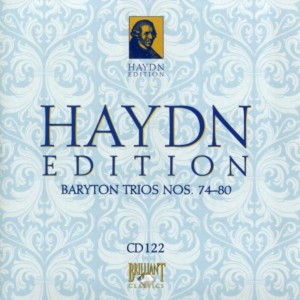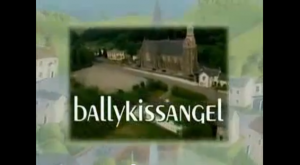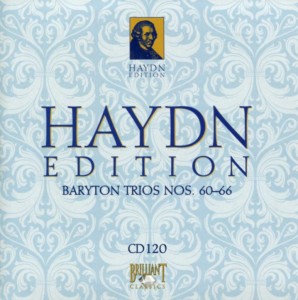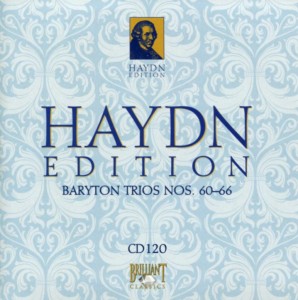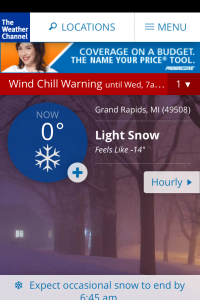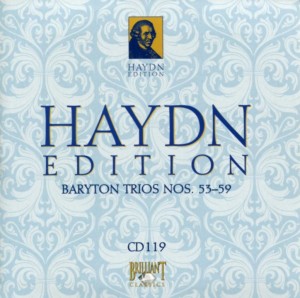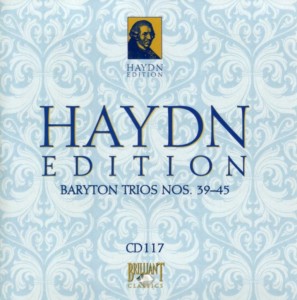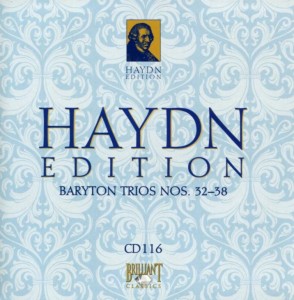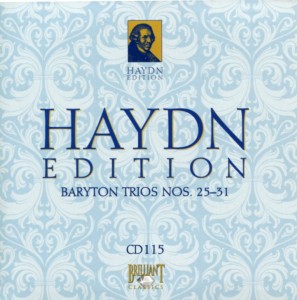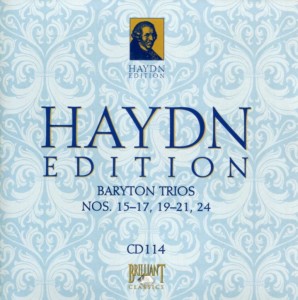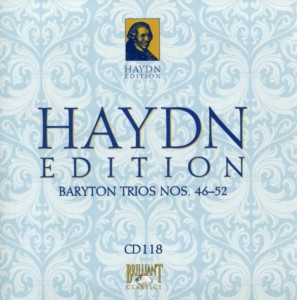 Another change of venue this morning: my home.
Another change of venue this morning: my home.
As an episode of The Andy Griffith Show plays in the background (because there’s always background noise when I’m at Panera), Larry (our cat) reposes on the floor near me, and a cup of fresh-brewed Morning Blend coffee sits strategically positioned less than an arm’s length away on the table beside me, I listen to today’s selection of Haydn’s Baryton Trios, to wit:
Haydn Baryton Trio No. 46 in A
Haydn Baryton Trio No. 47 in G
Haydn Baryton Trio No. 48 in D (my #2 favorite today)
Haydn Baryton Trio No. 49 in G (my #1 favorite today)
Haydn Baryton Trio No. 50 in D
Haydn Baryton Trio No. 51 in A
Haydn Baryton Trio No. 52 in D
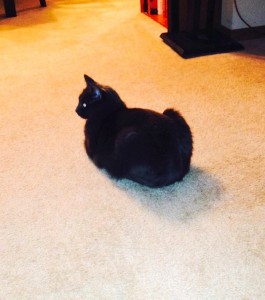 It’s still dark outside. And chilly inside. (Maybe that’s why Larry is curled into a tight ball.)
It’s still dark outside. And chilly inside. (Maybe that’s why Larry is curled into a tight ball.)
But the coffee is good.
The smell from the Bob Evans sausages grilling on the stove (I’m making breakfast for my still-sleep better half) is enticing.
The music is surprisingly compelling.
And I am motivated today (for various reasons) to write my ass off.
Life is good.
Maybe I’m onto something.
These baryton trios aren’t dramatically different from the ones to which I’ve been listening all along. Yet, somehow, today, they Continue reading →
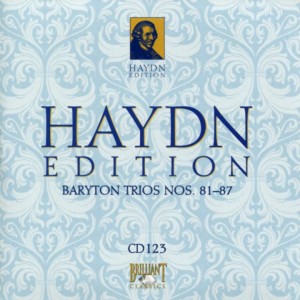 I really wish I could say that what I listened to today profoundly moved me.
I really wish I could say that what I listened to today profoundly moved me.
